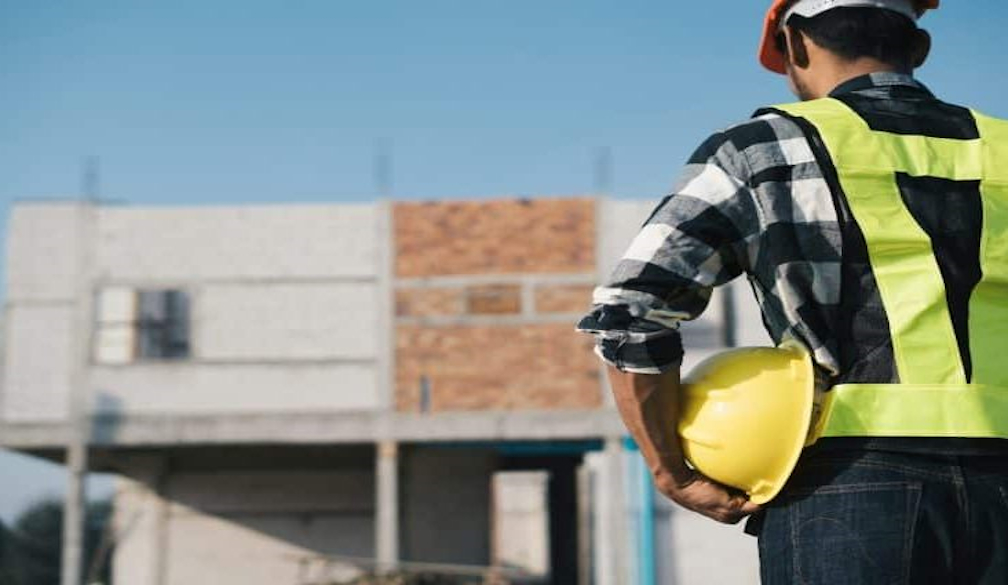The Importance of Building Inspection Before Property Purchase

Purchasing a property is one of the most significant financial decisions one can make. It demands thorough analysis and due diligence to ensure that the investment is sound and secure. A pivotal aspect of this due diligence is the building inspection, an often underestimated process that can save considerable costs and prevent future grievances. This article explores why a building inspection is crucial before committing to a property purchase, detailing its process, importance, and overall benefits.
What is a Building Inspection?
A building inspection is a thorough assessment conducted by a certified professional, SURE Building Inspections, to evaluate a property’s condition. It involves a detailed examination of the building’s structure, systems, and components to identify any defects, safety issues, or other problems. Building inspections are not just about checking the aesthetics; they delve into the core of the infrastructure to ensure everything from the foundation to the roofing is stable and up to current standards.
The Role of a Building Inspector
The building inspector plays a crucial role in the pre purchase building inspection bendigo process. These professionals are trained to assess various property types, and understand structural, electrical, and plumbing systems. Their expertise allows them to identify issues that may not be visible to the untrained eye. They produce a report that highlights potential problems and areas needing attention, providing a clear picture of the property's condition before a potential buyer commits to purchasing.
The Process of Building Inspection
Understanding the steps involved in a building inspection can demystify the process and highlight its importance. Initially, an inspector evaluates the physical structure of the building, including walls, ceilings, floors, doors, and windows. Following this, the inspection covers the electrical systems, plumbing, heating, and air conditioning to ensure they meet legal standards.
Why Building Inspection is Important Before Property Purchase
A. Identification of Potential Safety Issues
The primary benefit of a building inspection is the identification of safety hazards that can pose risks to occupants. Inspectors look for issues such as mold, asbestos, faulty wiring, and unstable structures—all of which can be detrimental to health and costly to rectify if not caught early.
B. Evaluation of Repair and Maintenance Needs
A comprehensive building inspection helps potential buyers understand the immediate and future maintenance needs of a property. This evaluation is crucial in preparing for the financial responsibilities that come with owning a property. Understanding the extent of necessary repairs can influence the decision-making process or planning for future investments in the property.
C. Negotiation Leverage in Property Price
Knowledge gained from a building inspection report can serve as a powerful tool for negotiation. Discovering problems within the property can lead to price negotiations or the seller agreeing to handle the repairs before the sale. This not only ensures a fair purchase price but also prevents buyers from overpaying for a property that may require significant additional investment.
D. Prevention of Future Liabilities
Investing in a building inspection can prevent future liabilities by revealing any illegal constructions or additions to the property. Such discoveries can save a buyer from future legal troubles or financial penalties, ensuring a clean and compliant property transaction.
The Cost of Building Inspection and Its Long-Term Benefit
While some might perceive the cost of a building inspection as an unnecessary expense, the long-term benefits far outweigh the initial outlay. The expense of an inspection is minute compared to the costs associated with unexpected repairs and maintenance that could arise from undiscovered issues. Investing in a building inspection ensures that you fully understand the condition of the property, helping to avoid any unpleasant surprises that might lead to significant financial burdens in the future.
Conclusion
In conclusion, a building inspection is a crucial step in the property purchasing process. It provides a safety net against investing in a flawed property, offers a strong negotiation position, and ensures peace of mind. The role of the building inspector is indispensable, providing clarity and confidence to potential buyers. Skipping this step might save money in the short term but can lead to substantial financial and emotional distress in the future. Thus, securing a building inspection before finalizing any property purchase is not just advisable; it's imperative for any prudent investor.

